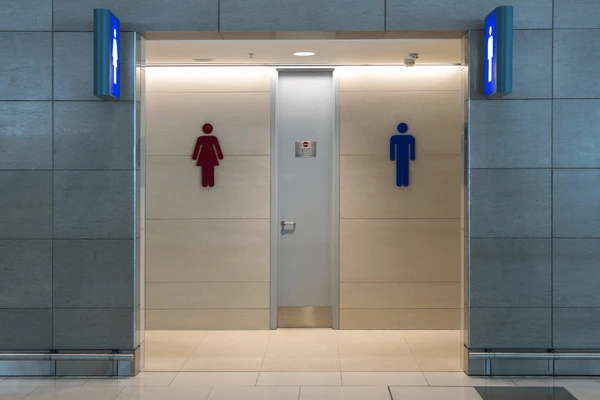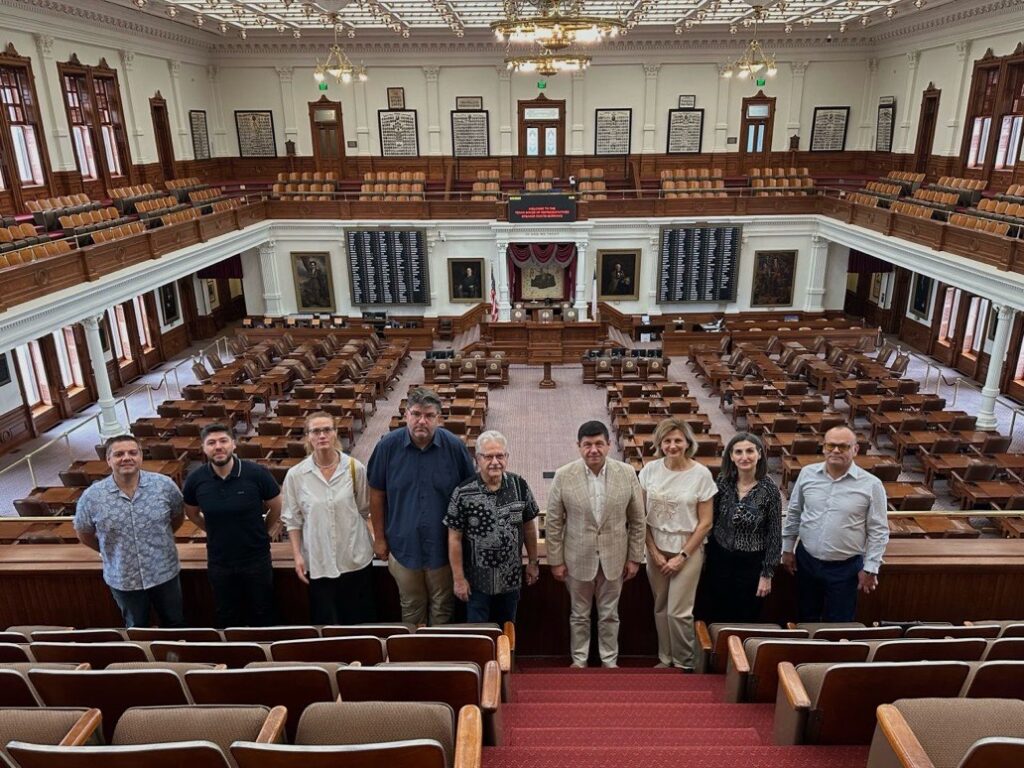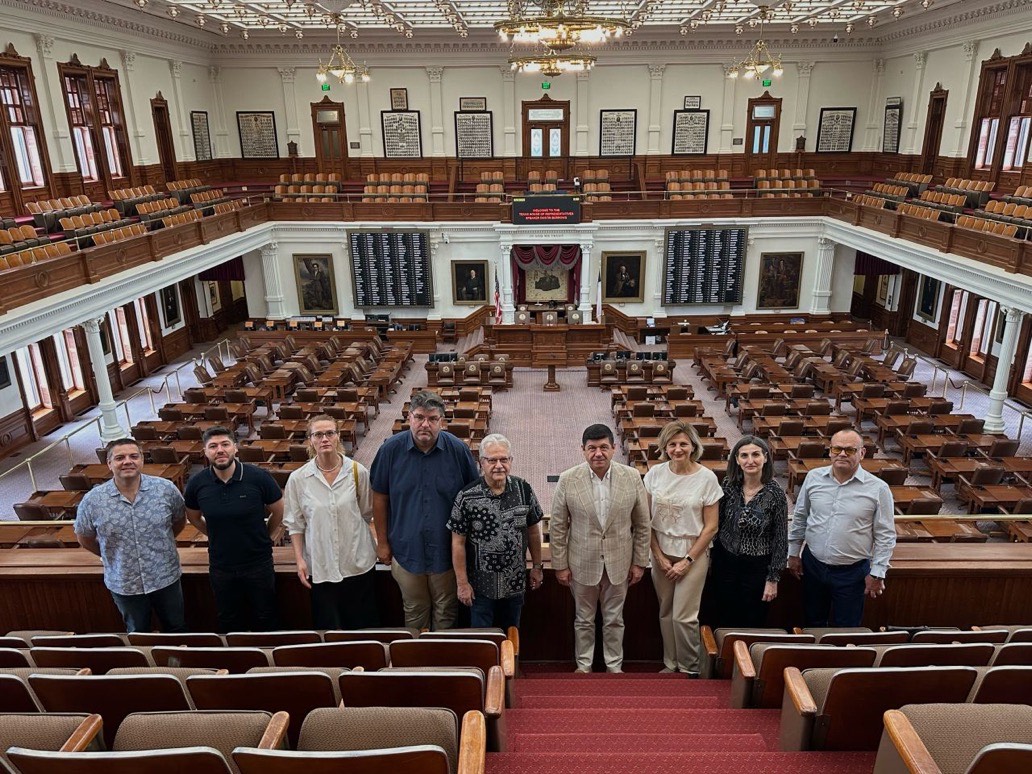The Texas legislature introduced two separate “bathroom bills” that would require individuals to use the public restroom or changing facility that corresponded to the sex on one’s birth certificate. We studied the potential economic impact of business departures prompted by this legislation.
During the 2017 Texas legislative session, the Texas legislature introduced two separate “bathroom bills”. While seemingly different, both bills would require individuals to use the public restroom or changing facility that corresponded to the sex on one’s birth certificate. While advocates for the bill defended such measures as necessary public safety measurements, many viewed the legislation as discriminatory, since it would force transgender individuals to use a restroom that would not match with their gender identity.
In response, many businesses and organizations vehemently opposed this type of legislation – viewing it as discriminatory towards members of the LGBT community. In fact, many have already chosen to skip Texas when making business decisions, while others have threatened action to relocate or withhold future investments should this type of legislation pass.
AngelouEconomics assessed the impact of this legislation by examining four channels that this type of legislation could negatively impact the Texas economy. The first was through confirmed departures, which found that Texas has already foregone $1.04 billion in economic output because of this legislation. The next is threatened departures, which found that up to $4.1 billion in total impacts could leave the state should the legislature decide to pass such a bill. Next, AngelouEconomics considered how this legislation might impact urban and rural areas, and found that while the direct impacts are concentrated in major metro areas, rural communities across the state could forego between $11.8 million and $52.5 million annually. Finally, the study assessed other potential losses associate with this type of legislation that could not be quantified, but would make lasting, negative impressions on the Texas business community.














